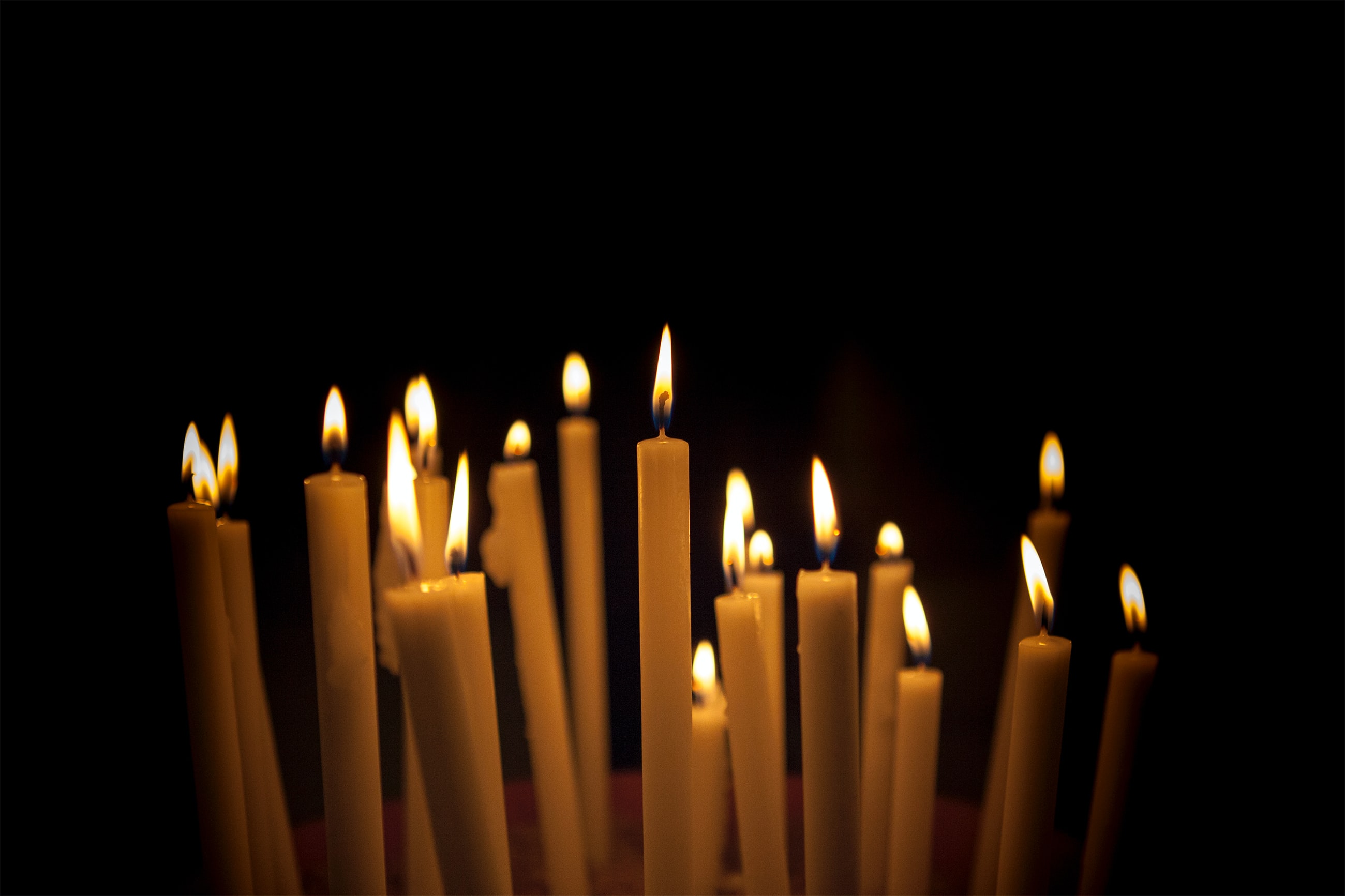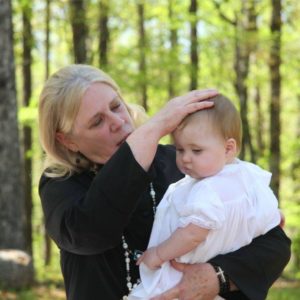One of my favorite historical novels is Dawn’s Early Light, Book One of six in Elswyth Thane’s meticulously researched series tracing American history from pre-Revolutionary War times through World War II.1 Each volume offers numerous seldom-seen-or-heard glimpses into many famous Americans of its time period.
Francis Marion, a Revolutionary War hero, figures prominently in Book One. Known as the “Swamp Fox,” Marion was a guerilla warrior before there were guerilla warriors. His headquarters was at Snow’s Island in the midst of the vast, winding Pee Dee Cypress Swamp in northeastern South Carolina.
From this basically impenetrable, hidden fortress deep within the Swamp, Marion and his volunteers created early-morning nightmares in the midst of the British army’s dreams of victory. Sweeping into British camps and battle sites with high-pitched war whoops, they ransacked tents, took enemy prisoners and materiel, and rescued Continental Army captives.
In one vignette related by Thane (and depicted in a John Blake White painting now hanging in the U.S. Capitol), a British soldier came to Snow’s Island blindfolded (so as not to hinder the Swamp Fox’s cunningly effective raids on his proper, red-coated enemies), but under a white flag, to negotiate a prisoner exchange. Marion and his troops treated the man respectfully as they conducted business, then invited him to join them for a meal. The “dining room” consisted of log seats under canvas tarps with a mosquito-fighting smudge fire. The menu? One roasted sweet potato served on a piece of bark, washed down with “water weakened with vinegar,” the Swamp Fox’s usual beverage.
“ ‘This is, I presume, an emergency meal?’ the British captain inquired politely.
“ ‘Oh no,’ a colonial volunteer replied. ‘We often fare worse than this, in emergencies.’
“ ‘In fact,’ said the Swamp Fox gently, ‘this is a special occasion because tonight there is a second helping – of sweet potatoes.’
“After burning his fingers and tongue on the sweet potato, the Britisher asked, ‘What pay do you fellows get?’
“ ‘None,’ he was told.
“ ‘You’re joking,’ he responded. ‘You live like this and get no pay – why do you stand for it?’
“ ‘There is some idea, Captain,’ [replied another soldier] deliberately, ‘of achieving liberty – even without pay.’
“The British captain stared about him again at the hard, unsmiling faces wiped clean of all but a studious courtesy.
“ ‘It is epic,’ he stated simply. ‘They will not believe it at home. I don’t quite believe it myself.’ He accepted the offer of a second sweet potato gratefully. ‘These are roots, are they not? And you live on them without – without even rum, I take it. All for liberty. England will lose this war.’”2
And England did lose the war — all for liberty.
Reading that story, I ask myself, “What sacrifices have I made for the liberty that I consider my birthright as an American citizen?” Millions have sacrificed. Without them, the upcoming celebration of our country’s birthday and the freedom, imperfect that it is, that early revolution bequeathed us, would be unrecognizable. It might be, instead, a candlelight vigil recalling a “once-upon-a-time” United States of America.
For our freedom to survive, we Americans must be willing to accept not only liberty’s blessings, but also the responsibility for maintaining it.
Are we teaching that to our children? And their children?
As we celebrate our national birthday in 2020 “under the circumstances” of a world-wide pandemic and long-simmering fires of racial tension:
** Will we recommit to fighting for equal liberty for all races and ethnicities?
** Will we recommit to guarding and defending the hard-won freedoms of speech, assembly, religion, and association so clearly articulated in the Declaration of Independence and incorporated into the Bill of Rights and the Constitution?
** Will we recommit to voting, and to expressing our concerns to our representatives?
** Will we recommit to training tomorrow’s American citizens – those within our sphere of influence – that these are their responsibilities, too?
If not, we could still find ourselves holding a candlelight vigil in memory of the United States of America within a generation or less.
As people of faith – believers and followers of the Lord Jesus Christ — we have even more reason to hold dear this freedom we often take for granted.
Our American freedoms, remember, are a mere foretaste – a foreshadowing, as C.S. Lewis would have said – of the “forever liberation” God has offered us in relationship to Him through Jesus Christ. And with that mental, spiritual, emotional, eternal and changeless freedom in Christ from all the garbage that a broken world can offer – with that freedom also comes responsibility.
Jesus said it bluntly to some of His would-be followers, as John recorded it in chapter 8 of his gospel:
“If you hold to My teaching, you are really My disciples. Then you will know the truth, and the truth will set you free.”
And what is truth?
A better question (perhaps not obvious to Pontius Pilate when he asked it of Jesus in 30 A.D.), would have been , “WHO is Truth?”
Because Truth isn’t a variable that changes with the winds of history and culture. And because Truth isn’t a “what.”
Truth is a Person – the Person Who said, “I am the…truth…”(John 14:6). The Truth is Jesus Christ.
So if we want freedom that is internal and external, regardless of pandemics and the unequal treatment of many of our brothers and sisters under the law, regardless of politics and persuasions, we need to take action: We must take responsibility not only to say that we are followers of Jesus, but to become well-acquainted with the Person Who is Truth. And we need to know and hold closely to His teaching.
Our founding fathers and mothers were not all followers of Jesus Christ, but a majority of them were God-fearers: individuals who accepted the existence and sovereignty of God in this world. They certainly asserted in our founding documents (though they did not apply their assertion equally) that all freedom was a gift from our Creator.
They recognized also, and shared in their public and private writings, that only people with a firm moral compass based in faith could handle God’s gift of freedom.
As we approach a July 4 we may view differently, in retrospective, in light of COVID-19 and the suffering of people of color, may we resolve:
** to know, cherish deeply and pass on to succeeding generations of ALL our citizens an
understanding of our precious American freedoms AND the forever freedoms of Christ;
** to pray for our leaders, and to teach our children to pray for our leaders;
** and to cooperate with God in accomplishing His purposes through this nation in a broken world.
Amen.
1 Thane, Elswyth, Dawn’s Early Light. Hawthorne Books, New York, c. 1943.
2. Ibid., Thane.


